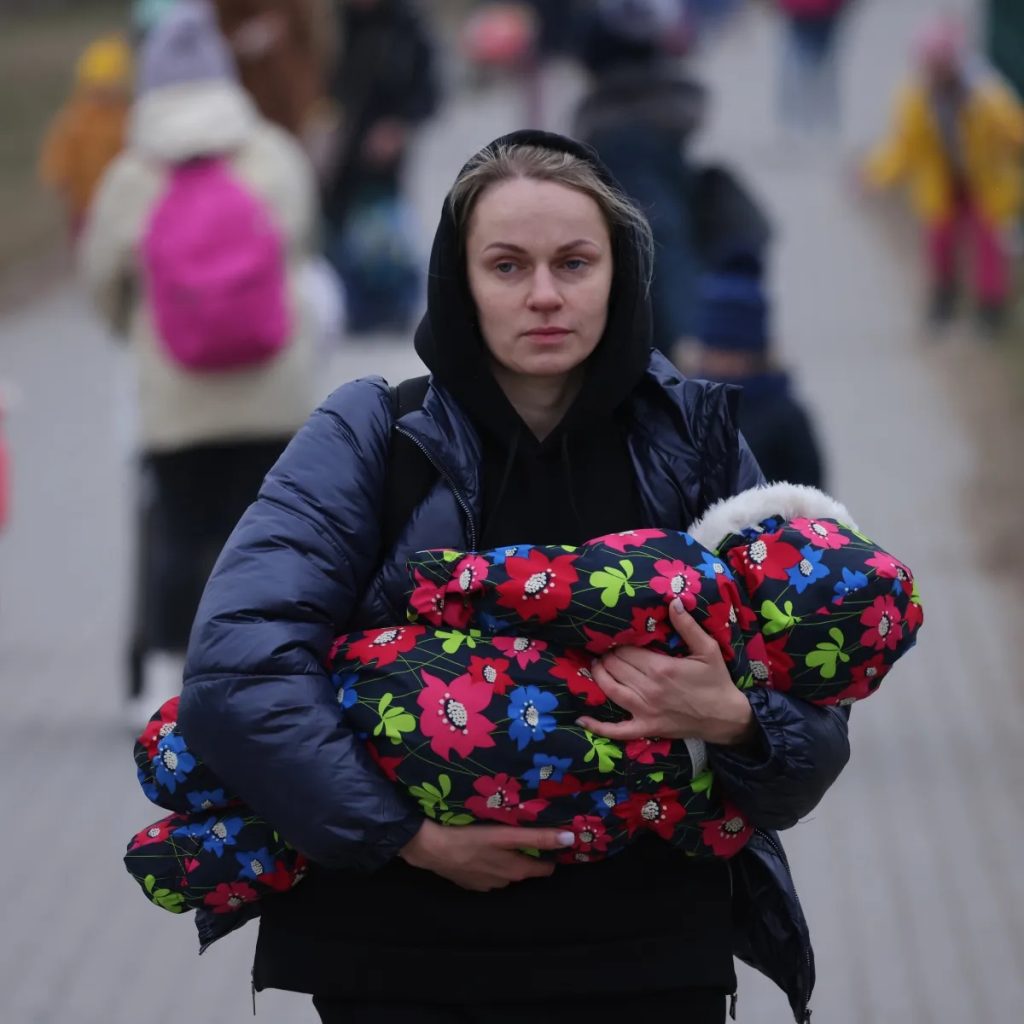Migrant women in Sweden confront a range of intertwined challenges — from unemployment or under-employment, to difficulty accessing welfare services tailored to their needs, to limited language skills and the added burdens of traditional gender roles and family care responsibilities.
Employment and the Labour Market
According to the Nordic knowledge base Economic vulnerability in different stages of life, women born abroad are more likely than men — and more likely than women born in Sweden — to be unemployed or outside the labour force.
For instance, in Sweden in the third quarter of 2025, the employment rate for foreign-born women aged 20-65 was 69.7 %, compared to 83.1 % for Swedish-born women.
The labour market is marked by gender and ethnic segregation: foreign-born women more often work part-time, on temporary contracts, or in insecure jobs with lower pay.
Barriers cited include discrimination based on gender and ethnicity, language proficiency requirements, limited support from authorities, and the heavier weight of family-care responsibilities falling on women.
In addition, it takes many migrant women significantly longer to find full-time or stable employment than native women: one OECD report noted that fewer than 60 % of foreign-born women in Sweden were employed, with the largest participation gap in the OECD.
Health and Well-Being
Migrant women in Sweden face distinctive health-related barriers — not only in access, but in participation in preventive and health-promotive activities. A qualitative study of 21 migrant women in Malmö found mental health issues and long-term pain to be key themes, with participants expressing a desire to know more about the healthcare system and join communal health-promotion efforts.
Another recent study focused on migrant women’s engagement in health-promotive activities revealed that language barriers, socioeconomic status, and competing care responsibilities hinder participation.
These findings reflect how traditional gender roles, combined with migration-related challenges, can reduce women’s ability to access preventive services, engage in physical activity, or navigate a new healthcare environment with confidence.
Housing, Settlement and Integration
When it comes to settlement and integration, migrant women often face a triple disadvantage: lower socioeconomic status, limited language skills, and extensive family care roles. A qualitative study of refugee women in Sweden found that after being granted residence permissions, participants experienced both physical and mental distress, separation from loved ones, and felt a strong pressure to contribute and settle.
The Nordic knowledge base also flags that newly arrived families with children, particularly those headed by a single parent with foreign background, face higher risks of insecure housing and poverty — a factor that adversely affects children’s life-chances.
In short, migrant women’s settlement process can be hampered by constrained access to education, employment and social or cultural services — all of which interact with gendered roles and structural barriers.
Toward More Inclusive Policy and Practice
Addressing the challenges faced by migrant women in Sweden requires an intersectional lens — recognising that gender, ethnicity, language, and migration status together shape outcomes. In the labour market domain, action might include language training tailored to women, childcare support, targeted employment pathways and monitoring of pay-and-conditions gaps.
In health and well-being, culturally sensitive and language-accessible programmes can help empower migrant women to engage in preventive health, raise awareness of the system, and build community networks for support.
In settlement and housing, policies that ensure stable, affordable accommodation combined with support for education, job entry and family-care relief can reduce the risk of long-term vulnerability among migrant women and their children.
Conclusion
Migrant women in Sweden stand at the intersection of multiple disadvantage: gendered care burdens, migration-related language and credential barriers, and labour-market and welfare systems not always designed with their specific circumstances in mind. A holistic response — integrating employment, health and settlement policy — is needed if their potential and rights are to be fully realised within Swedish society.
From: Fars



